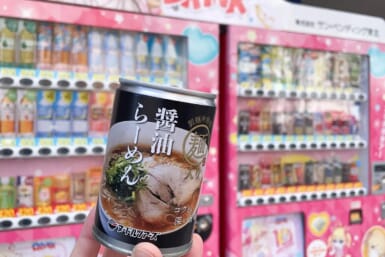President Barack Obama faces a tough balancing act on China as he reinforces his “pivot to Asia” policy while seeking deeper economic ties with the world’s second-largest economy.
Mr. Obama’s victory was seen as “largely positive” for Asia in the face of China’s growing dominance in the region, propelled by growing military spending and a surging GDP. China’s GDP has become the world’s second-highest after that of the US, which has been mostly flat, while its military expenditure ballooned to $89.9 billion from $22.5 billion over the past decade. Meanwhile, Washington plans to rein in its military expenditure, which has reached more than $600 billion a year.
The US is seeking multilateral alliances with Japan, South Korea, Australia and other Asian countries to counterbalance China’s influence in the region amid looming defense cuts, The Nikkei reports. The military superpower will continue to be ‘deeply involved’ in the Asia-Pacific, US assistant Secretary of State for East Asian and Pacific Affairs Kurt Campbell said.
This also comes as the US and Japan agreed to consider reviewing its guidelines on an existing security alliance amid China’s military expansion. Both countries will revise the responsibilities and roles of the US military and Japanese Self-Defense Forces as well as hold combat exercises designed to deter China’s advances amid a territorial row in the East China Sea.









